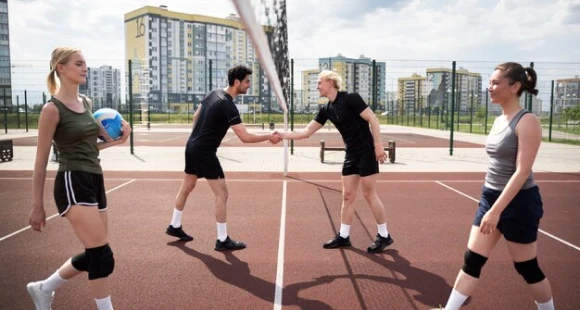
Apply Early & Stay Ahead for Your Study Abroad Goals!
The best time to apply for study abroad programs is usually 6 to 12 months before you plan to travel. This gives you enough time to research different programs, gather your documents, and apply for a student visa. Keep in mind that application deadlines can vary, so it’s important to check with the specific program or university.
Frequently Asked Questions About Studying Abroad
Studying abroad is an exciting and life-changing experience, but it can also bring up many questions. You might wonder about the application process, living in a new country, and what to expect. To make things easier for you, we’ve answered some of the most common questions to help you prepare for this amazing adventure.

What are the benefits of studying abroad?
Studying abroad helps you experience new cultures, improve your language skills, make global connections, and boost your career.
How do I choose the best country to study abroad?
Choose a country based on your academic goals, budget, language, and what you want to experience. Look at programs, costs, and visa rules.
What documents do I need for the application?
You’ll need your academic records, passport, personal statement, recommendation letters, and proof of language skills.
What is the cost of studying abroad?
Costs include tuition, housing, food, travel, and personal expenses. It varies by country and program, so budget carefully.
Are there scholarships or financial aid available?
Yes, many scholarships and financial aid opportunities are available for international students. These may be offered by governments, universities, private organizations, or non-profit groups. Some scholarships are based on academic merit, financial need, or specific areas of study. Be sure to research available scholarships early and apply to as many as possible.
How do I get a student visa?
To get a student visa, first, apply and get accepted into a school abroad. Then, check the visa requirements for that country and gather documents like your admission letter, passport, proof of finances, and any other needed paperwork. Pay the visa fee, submit your application, and wait for approval. Once approved, you'll receive your student visa and can travel to your destination. Make sure to apply early, as the process can take time!
How do I find student accommodation?
Many universities offer on-campus accommodation for international students, but off-campus options such as private apartments or shared housing may also be available. Research different types of accommodation, consider your budget, and look into housing recommendations from your university or fellow students.
How do I stay safe while studying abroad?
Keep a list of emergency contacts, like your family, local authorities, and your university’s support team, in case you need help. Your university will also provide safety resources and advice, so make sure to use them to stay safe while you study abroad.
How do I make friends while studying abroad?
To make friends while studying abroad, try joining clubs, attending university events, or participating in group activities. These are great ways to meet people with similar interests. Don’t be afraid to start conversations with other students, whether they are local or international. Being open, friendly, and social will make it easier to form connections and build friendships during your time abroad
What should I pack for studying abroad?
When packing for your study abroad journey, make sure to bring clothes that suit the weather of your destination, whether it’s warm or cold. Don’t forget your study materials, like books, notebooks, and any equipment you need for your courses. Pack personal items that will make you feel comfortable, such as toiletries, phone chargers, and a few items from home. Most importantly, remember to bring all your important documents, like your passport, visa, and any acceptance letters, as they’ll be necessary for travel and your stay abroad.
What if I have trouble with my studies?
Don’t worry if you find things difficult. Your school will offer help, like tutoring, extra lessons, and people who can guide you when you're struggling. If you need assistance, there are staff and teachers ready to support you, so feel free to ask for help whenever you need it.
